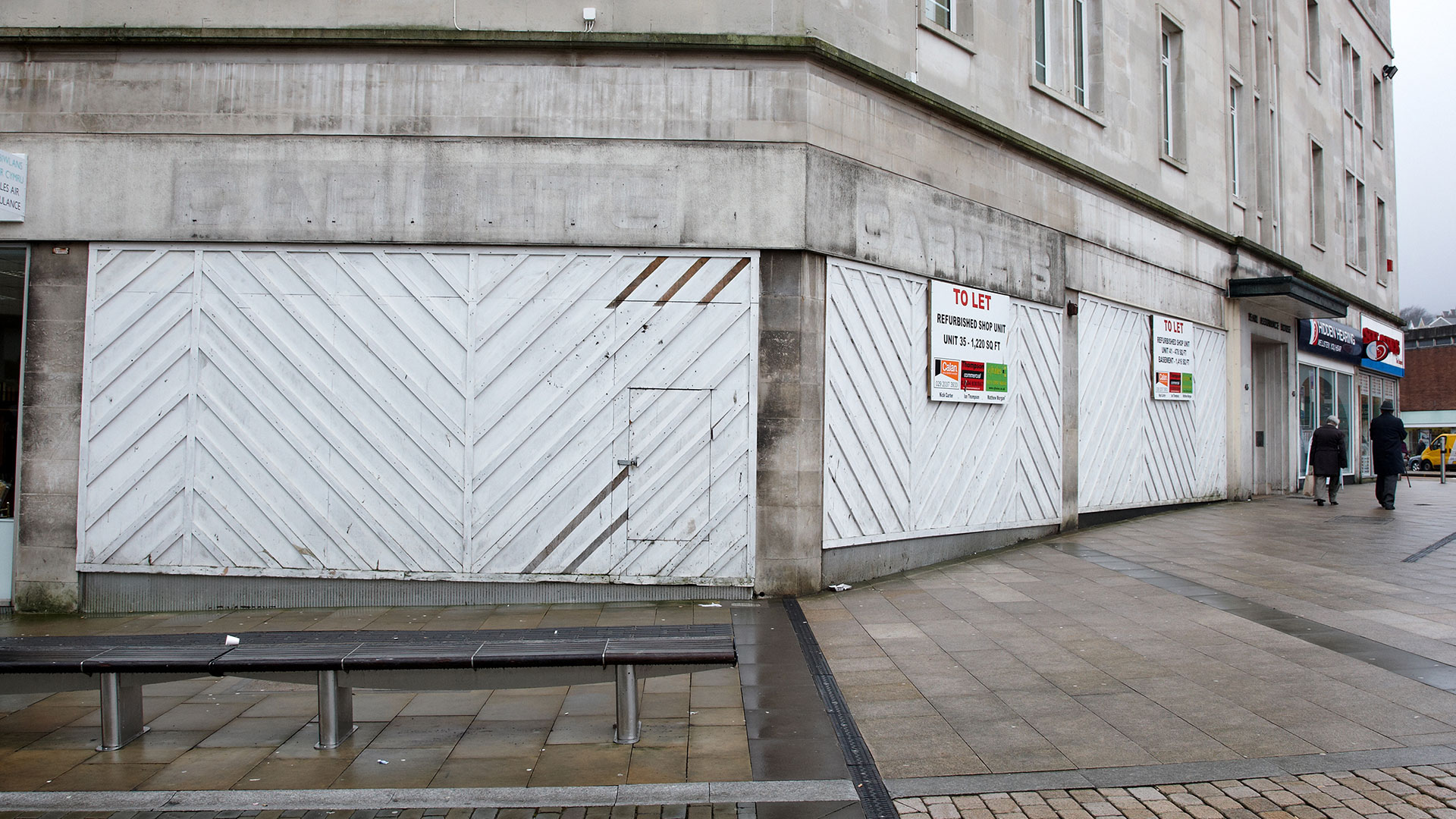I’ve got to know my local butcher well recently. During those lockdown days of longer queues we became acquainted. He was immediately rude about my hair. And, though vain, I had to agree. It needed seen to. I liked his directness. And now I know about the trip to the Lake District he was delighted to take when finally allowed, about his joy at seeing his kids bring his grandkids along after so many weeks apart. About his own hair issues. Also, he sells very good potatoes. Not something you might expect. I know good potatoes. So, if you’re looking for fine, floury, Ayrshire Maris Pipers, I know a man.
There’s no way this would have happened before. Like so many, I would have been quickly into the supermarket and away. Ease, convenience, false economies. If post-lockdown teaches us anything, and this teaching stretches and develops day by day, it’s that recovery is going to be grassroots and localised. I’m not suggesting a joyous Local Hero set-up where everybody looks out for everybody else and we’re all happy to do a bit of a few different jobs in some place that might be real or might be Brigadoon. Actually, thinking about that though…
Clearly, it’s not a joy for everybody, even locally. While my butcher has prospered, a friend who is a minicab driver has seen work disappear. He’s still not sure when it’ll return enough to bring back his income.
Without question we’re sticking closer to home. This is not, as some loudmouth mask martyrs loudly claim, because of enforced wearing of masks. People are still just nervous about going too far. YouGov revealed last week their polling had found that more than 60 per cent of people wanted to support local businesses.
We are proud that a growing number of organisations are joining our RORA Alliance and sharing their ideas and working on ways to arrest what is coming
It is welcome for smaller traders but carries consequences.
If people are staying home, bigger town centres will suffer with much less footfall. And jobs for people who work there, or who work in associated support industries such as transport or food and drink, will be further under threat. That same YouGov survey delivered a few other startling findings. Up to 69 per cent of workers said they felt their jobs were under threat. That’s shocking. And only two per cent of 18 to 24-year-olds said they’d spend a cash windfall. While that’s hugely responsible of them (would YOU have been so frugal?!), it’s also indicative of the fearful atmosphere out and about.









